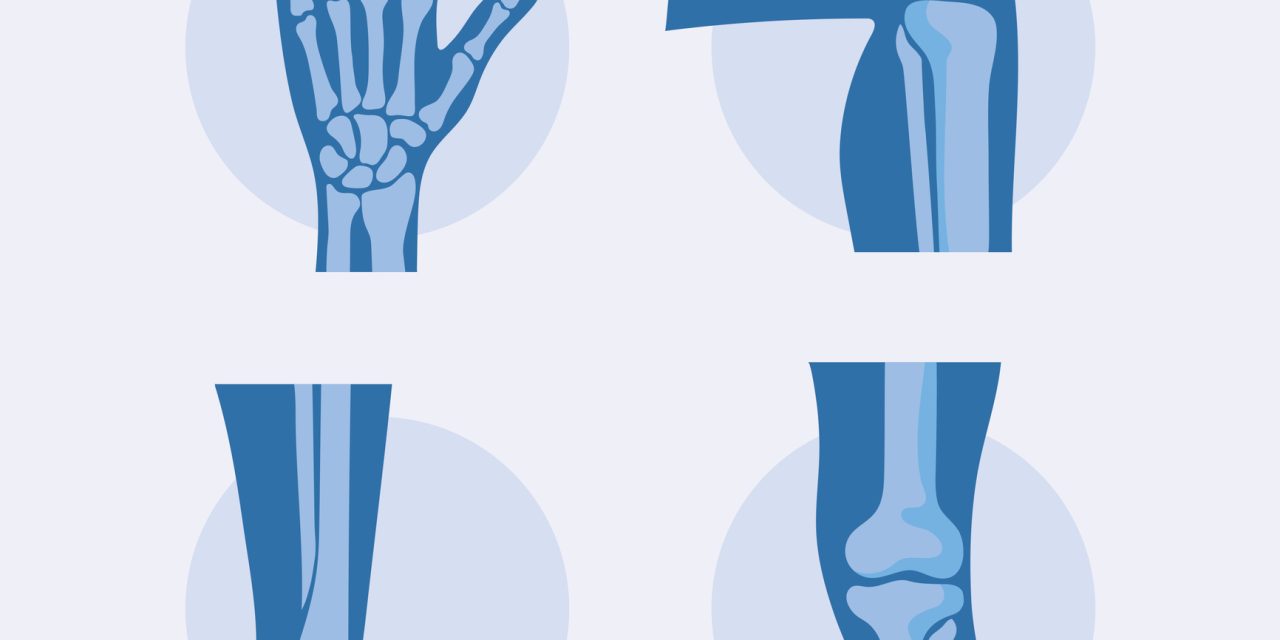To compare the influence of antiphospholipid antibodies (aPL) on global and cardiovascular damage in patients with systemic lupus erythematosus (SLE) diagnosed before and after year 2000.
286 patients from the Lupus-Cruces cohort with a minimum follow-up of 5 years, divided into two sub-cohorts according to the date of diagnosis, before 2000 (<2000) and from 2000 on (≥2000). We compared the mean SDI score and global and cardiovascular damage-free survival rates in the presence/absence of aPL in both sub-cohorts. Variables potentially modulating damage among aPL-positive patients were analysed.
The sub-cohorts were comparable for demographic and lupus-related variables except for treatment variables: the ≥2000 sub-cohort received lower doses of prednisone and more hydroxychloroquine, low-dose aspirin, statins, immunosuppressive agents and Vitamin D. aPL-positive patients in the <2000, but not in the ≥2000 sub-cohort, accrued more damage compared with aPL-negative. In the <2000 sub-cohort, the adjusted HRs for global and cardiovascular damage in aPL-positive vs. aPL-negative patients were 1.98 (95% CI 1.24-3.14) and 9.3 (95% CI 3.24-26.92), respectively. No differences in damage were seen between aPL-positive and aPL-negative patients in the ≥2000 sub-cohort. Hypertension (HR 4.64, 95%CI 1.33-16.19), lupus anticoagulant (HR 3.85, 95%CI 1.1-13.41) and the number of months on hydroxychloroquine (HR 0.97, 95%CI 0.95-0.99) were independent predictors of vascular damage in the combined analysis of all aPL-positive patients.
The effects of aPL on damage accrual in SLE patients have been reduced over the last years. The widespread use of hydroxychloroquine and a better thromboprophylaxis are likely causing this change.
© The Author(s) 2021. Published by Oxford University Press on behalf of the British Society for Rheumatology. All rights reserved. For permissions, please email: journals.permissions@oup.com.
ANTIPHOSPHOLIPID ANTIBODIES DO NOT PREDICT DAMAGE IN SLE PATIENTS IN THE XXI CENTURY. AN OBSERVATIONAL STUDY FROM THE LUPUS-CRUCES COHORT.


